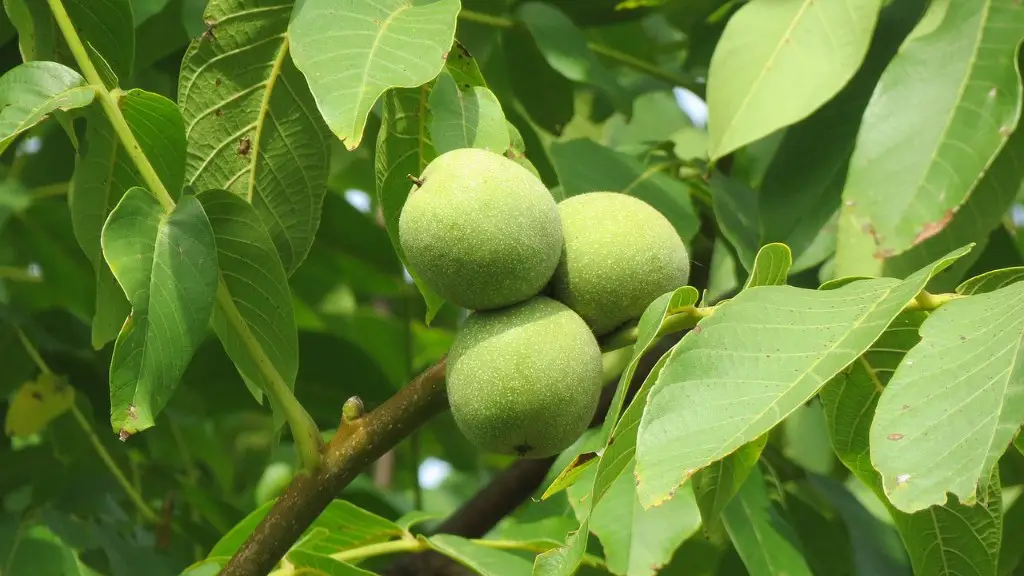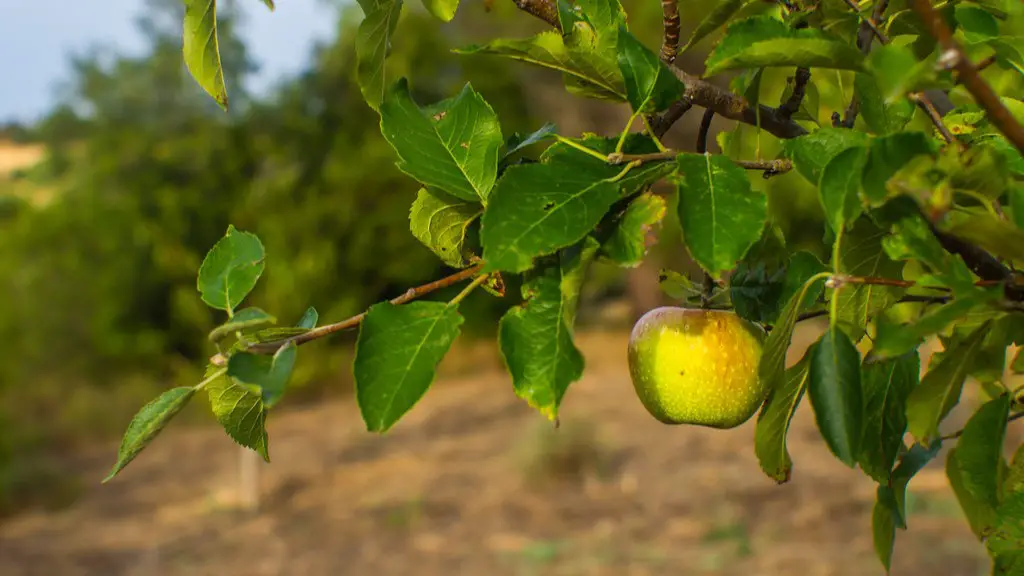Avocado trees are a popular choice for many gardeners and homeowners who like to have a bit of green around their home and enjoy the added bonus of a tasty fruit. It can be a challenge to determine whether or not an avocado tree will successfully produce fruit, but there are a few key factors that can influence the likelihood of a successful crop. Read on to understand how to know if your avocado tree will bear fruit.
The first factor to consider when evaluating an avocado tree’s potential to fruit is the age of the tree. Generally speaking, an avocado tree won’t fruit until it is at least five years old, so a young tree is unlikely to bear any fruit. Additionally, older trees tend to produce larger crops.
Location is also key. Avocado trees need to receive full sunlight in order to successfully grow and produce fruit. If your tree is planted in an area that does not provide sufficient sunlight, it is unlikely to grow properly and therefore decrease the chances of it producing fruit.
In addition, soil type is also very important. Avocados prefer a slightly acidic soil with a pH between 5.0 and 6.5. If your soil is too alkaline, it will be much harder for the tree to take up the necessary nutrients to form flowers and bear fruit.
Avocado trees will also require regular watering, with deep soaking a few times per week. Less water can result in slow growth and if the tree is too dry, it may struggle to produce flowers or the flowers that do form may not survive. Be sure to check the soil moisture regularly and adjust the amount of water accordingly.
Finally, it is important to note that avocado trees are self-pollinating, meaning that just one tree is needed for fruit to be set. However, if two trees are planted close together, it is more likely that the flowers will be pollinated and the trees will produce a larger crop of fruit.
Proper Fertilization
Fertilizing avocado trees can significantly boost the health of the tree and ensure the best potential yields from the crop. Avocado trees need to be fed with a balanced fertilizer such as a 10-10-10 or a 20-20-20 blend. Applying fertilizer in early spring and then again in late summer will help the tree to thrive, whereas too much fertilizer or applying fertilizer at the wrong time of year can inhibit the development of the tree and even lead to a decreased crop.
Maintenance
Regular maintenance is important for avocado trees, as it will help them to reach their full potential. Pruning should be done each year, in late winter or early spring, to protect the shape of the tree and remove any dead or diseased branches. Pruning also helps to encourage new, healthy growth, opening up the canopy and allowing for more air movement.
Pest control is also essential for avocado trees, as this is a common problem for them. Keeping an eye out for signs of insects such as aphids, mites, and whiteflies and using appropriate treatments quickly can help to ensure that the tree stays healthy.
Lastly, avocado trees may occasionally require help in order to bear fruit. Hand pollination can be a useful tool for carrying out this task. To do this, use a small paintbrush or cotton swab to transfer pollen from the stamen of the flower to the stigma of the female flower.
Watch Out For Disease
The health of an avocado tree is of utmost importance when it comes to bearing fruit. If a tree is suffering from a disease, it is much more likely to struggle to produce fruit. Some of the most common avocado tree diseases include foot rot, root rot, and anthracnose. If these issues are not addressed promptly, it can lead to the death of the tree and a complete loss of the crop.
Seek Expert Advice
Finally, seeking expert advice is always a great way to ensure the best results with your avocado tree. Professional arborists or local horticulturalists can provide valuable insight into the health of your tree and offer advice on the best practices to ensure its success. Additionally, they can provide a comprehensive fertilization and maintenance plan to ensure that the tree remains in optimal condition.
Choose The Right Tree
If you are looking to plant an avocado tree and make sure it bears fruit, it is important to choose the right tree for your climate. Different types of avocados are better suited for certain climates, and the wrong type of tree can easily fail to produce fruit, no matter how well it is cared for. Do diligent research before selecting a tree and ensure that it is the correct type for your region.
Keep The Tree Healthy
Finally, keeping your tree in optimal condition is essential for successful fruiting. Regular watering, proper fertilization, and attentive pruning and maintenance will ensure that your tree is healthy and has the best chance of producing a good crop of fruit. Additionally, if you follow the other steps outlined in this article, you should have no difficulty determining whether or not your avocado tree will be successful in bearing fruit.


